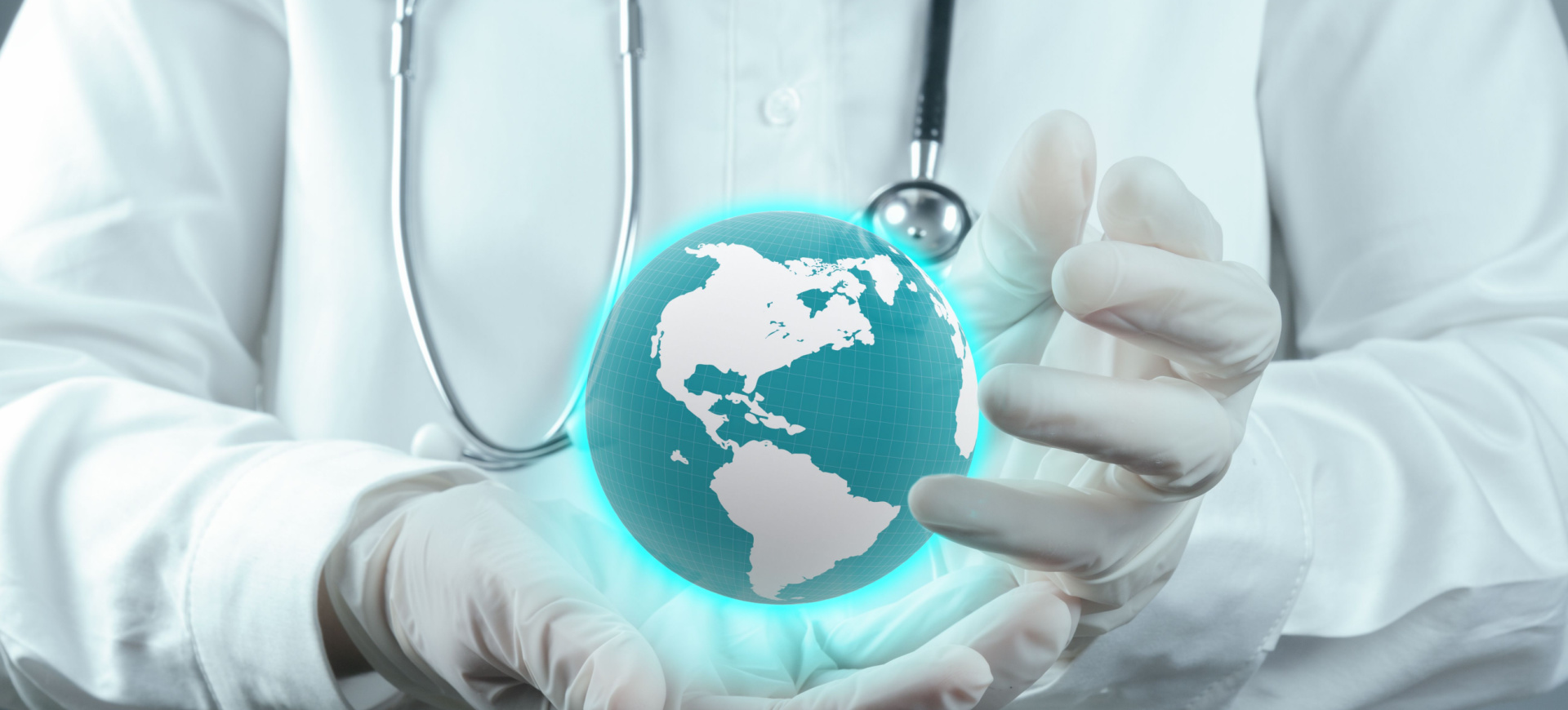Health and well-being: fairness for all generations
Trust underlies societies and international solidarity. In the face of increasing health risks, rebuilding it is an imperative
A malignant web of crisis and uncertainty is widening social, economic and political divides, pushing the 2030 Agenda’s vision of a better world further out of focus. This includes the Covid-19 pandemic that has erased nearly a decade of gains in life expectancy. Violent conflicts and climate change are supercharging the resurgence of diseases and drug resistance and disrupting health services in the world’s most vulnerable settings. Moreover, the escalating burden of debt repayments on many developing countries is diverting billions of dollars away from life-changing investments in health, education, poverty eradication and climate action. Half the world’s population still cannot access the health services they need. Against this backdrop, trust in public institutions has dramatically eroded worldwide, and some two-thirds of people feel they have little influence over their governments’ decisions.
Given that trust is the connective tissue between international solidarity, resilient health systems and beyond, our global community can now prioritise three areas of intervention to rebuild it.
Three crucial interventions
Global public goods. As the United Nations Development Programme’s 2023–24 Human Development Report highlights, we need a 21st-century architecture for international cooperation to deliver global public goods that benefit everyone, everywhere – including to boost pandemic preparedness and share vaccines, treatments and diagnostics. This must be complemented by investment in local innovation, systems, institutions and capacities. Approaches such as the World Health Organization’s Biomanufacturing Workforce Training Initiative, which aims to boost local manufacturing of vital health technologies, are charting a new course. Crucially, realising the ‘affordable dream’ of universal health coverage could replenish trust and build countries’ resilience to the shocks to come. That involves implementing the 2023 UN Political Declaration on UHC, which encompasses a deep-seated “shift from health systems designed around diseases to systems designed for people”.
Technology for equity. Innovations in diagnostics, genomic sequencing and mRNA technology are revolutionising health care and pandemic responses. They include digital X-rays, artificial intelligence and telemedicine that could expedite the screening of infectious diseases such as tuberculosis. Yet such technology risks further eroding trust if it remains accessible only to a select few. Efforts to drive equity include an endeavour by UNDP and the International Telecommunication Union to support 100 countries in developing people-centred digital public infrastructure by the decade’s end. This represents the ‘roads and railway tracks’ of our new digital era on which countries can ‘transport’ solutions such as e-health and social protection at scale to communities. New efforts are also needed to address technology’s role in spreading divisive and health-harming mis- and disinformation.
Truly inclusive governance. Democratic backsliding, shrinking civic space, and growing feelings of loneliness and disconnection are weakening social cohesion, increasing health risks and deepening vulnerability to polarisation. All people, including young people, women and marginalised communities, must be able to have their say in decisions that shape their lives including in the health realm. UNDP and our UN partners are investing in the leadership and capacity of people living with HIV and marginalised groups to challenge structural barriers impeding access to HIV services. We also work with national human rights institutions globally to monitor the impacts of climate change and environmental degradation on marginalised communities, including their health, and to support these communities in realising their rights.
Leading from the front and the question of finance
The health sector must also pioneer new ways to prevent corruption, scale up climate-smart and resilient health systems, reach the last mile, and become more anticipatory to ensure that people continue to receive lifesaving services in a multiplying number of complex development contexts. The Global Fund to Fight AIDS, Tuberculosis and Malaria shows how smart, effective health investments can produce transformational results, having saved some 59 million lives since 2000. We also need more integrated planning and financing, including for communities, to enhance trust and resilience. Planetary Health and One Health approaches offer valuable frameworks.
Ultimately, a definitive exit from this era of polycrisis can only be achieved by investing fully in the Sustainable Development Goals, which are, in essence, the determinants of health and well-being for all. This is critical, as the limited progress on many health-related SDG targets portends potentially worse health challenges in future years. This requires long overdue reform of the international financial architecture. It must include new debt relief measures involving the consideration of debt-for-health swap arrangements as underlined by Brazil’s 2024 G20 presidency.
A new lens of intergenerational fairness
Restoring confidence and trust in institutions and global governance represents the fundamental conditions by which our global community can improve the health and well-being of communities and our ailing planet. Reflecting on trust in institutions should also prompt wider consideration of our often-overlooked responsibility to uphold the inherent rights and interests of future generations. It is a recognition that not only ‘we the peoples’ of today but also those of tomorrow deserve a fair chance. Most starkly, a runaway climate emergency could strip future generations of their choices and agency.
As discussions at the Summit of the Future stressed, we cannot judge what our descendants will want or need. However, by addressing today’s health and other challenges through a new lens of intergenerational fairness, we can leave the world in a better state and provide coming generations with the most profound legacy of all: choice
and the freedom to shape their own futures.












